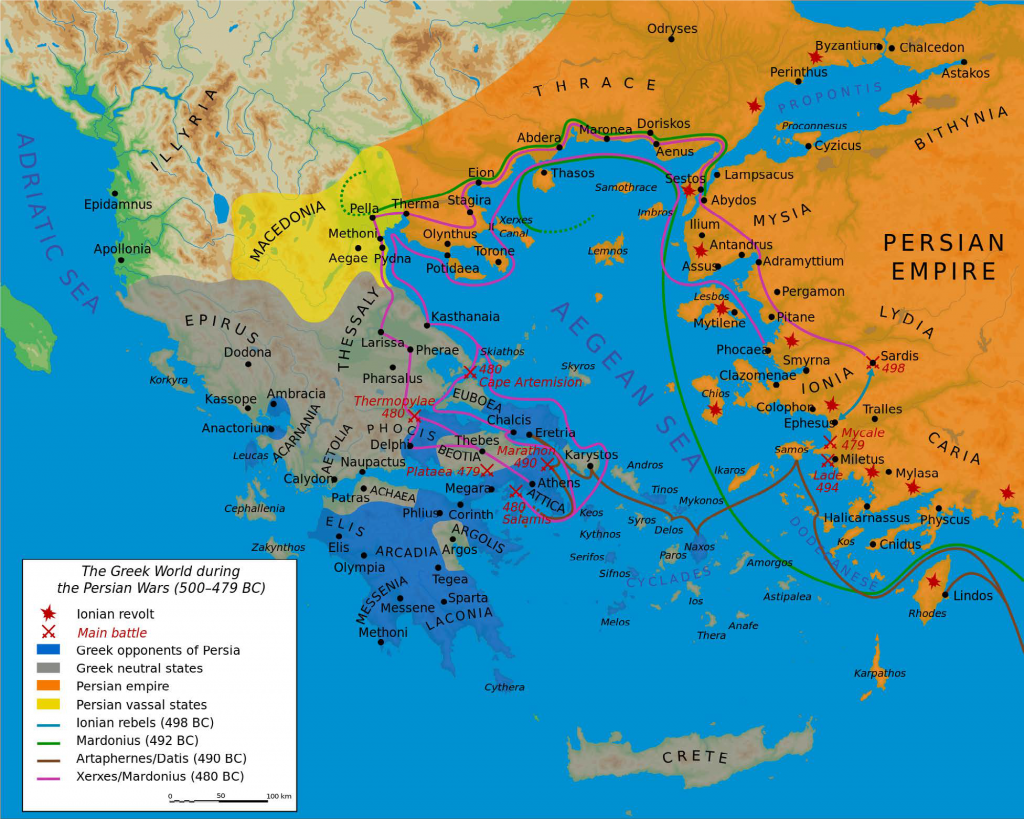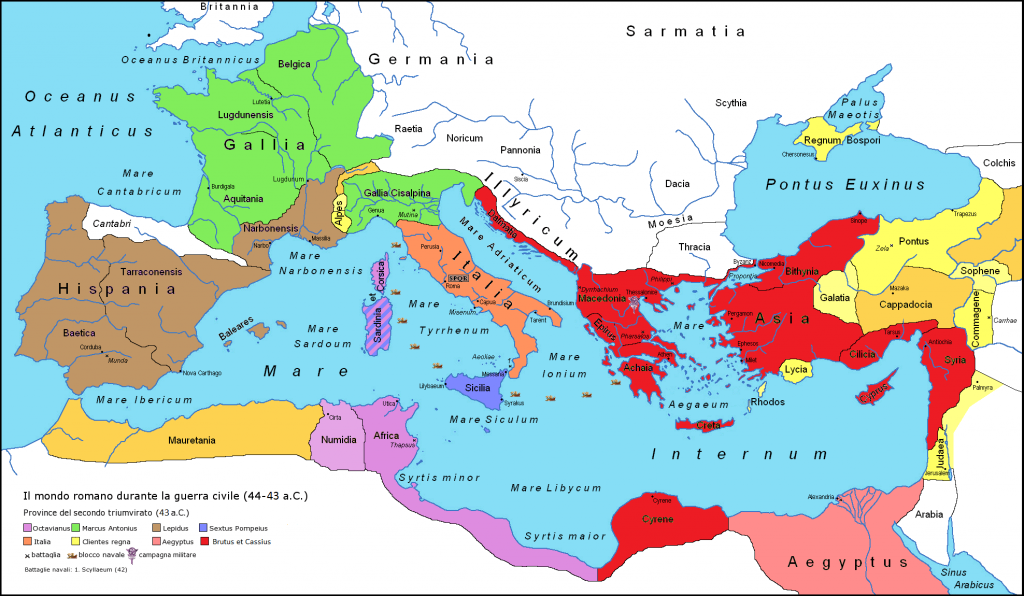Introduction
The Renaissance is a period between the 14th century and 16th century, when the classics are once again valued by people, religions reform, humanism is celebrated, and the bourgeoisie is standing against feudalism and medieval theology. Its influence is reflected in art, architecture, philosophy, literature, music, science and technology, politics, religion and many other aspects. The political thought of the Renaissance period began a new era of western political thought in history. Machiavelli, a political thinker and philosopher in this period, laid the foundation of modern political science and separated it from ethics and medieval theology for the first time. This article will specifically talk about the political and political philosophy thoughts during the Renaissance.
Main Social Ideological Trend & Initial to the Political Thoughts
The core of the mainstream social ideological trend is humanism. The core of humanism spirit is to affirm human value and dignity by focusing on “human” rather than “God” or “deity”. The purpose of life is to pursue happiness in real life, promote the liberation of personality, oppose the theological thought of ignorance and superstition, and think that man is the creator and master of real life.
Based on the special political structure of Italy in the late Middle Ages, some scholars say that the unique local social atmosphere provided the necessary conditions for Renaissance to start in Italy. In the early modern times, Italy is not a unified political entity, but consisted of city states and territories. Italy in the 15th century has the highest level of urbanization in Europe. When bishop Otto (1114-1158) come to Italy in the 12th century, he has noticed a new form of political and social organization, and observes that Italy seems to begin to break away from the feudalism system, taking merchants and commerce as its social basis. Related to this is the anti-monarchy idea expressed in the mural “Allegory of Good and Bad Government”. This famous early Renaissance mural is located in Siena, through this painting, the painter expresses his strong desire for fairness, justice, republicanism and good governance.
Politics: Break out of Theology
At the end of the 14th century, with the development of urbanization, politics and economy, a new class – the bourgeoisie– emerged. They call for the establishment of a unified monarchy, elimination of feudal separated power, establishment of a unified nation and formation of a national market to meet the needs of the development of capitalism economy. Underthis situation, the political thought of Western Europe emerges new ideas: thinkers began to observe the state and law from the perspective of human, thinking rationally, and individualism began to appear; thinkers began to talk about the establishment of centralized authority monarchy; equality theories about the equality of disciples and religious conferences within the church has also started to develop. But at that time, the bourgeoisie was still in its formative stage, its strength was not strong enough, and it did not put forward the idea of natural human rights. They opposed the church, but did not get rid of the feudal theology totally.
Niccolò Machiavelli
Niccolò Machiavelli was born in 1469 in Florence, Italy, died in 1527. He was one of the most influential political thinker in the Renaissance. Machiavelli was the first thinker who freed political science or theory from religion and morality. He was not interested in high moral or religious principles, rather, his main concern was power and the practical or political interests of the state. He advocates the supremacy of the state and takes state power as the basis of law. A famous work of him, The Prince, mainly discussed the way of being a good monarch, what conditions and abilities the monarch should have, and how to seize and consolidate power. Machiavelli was one of the main founders of modern political thought.Don’t get me wrong, Machiavelli never denounced virtue, morality, or religion. However, he stressed that the field of morality and religion is very different from that of politics, and for the monarch of the state, he should rule in accordance to ruling and power itself, not god’s will.

The Prince makes a clear distinction between different types of principalities: hereditary principality, mixed principality, new principality obtained by relying on their own force and ability, new principality obtained by relying on the force of others or due to luck, civil principality and religious principality, etc. It enlightens the prince how to establish their own monarchy according to the local conditions by referring to the historical experience of other countries and combining with the actual situation of their own state. This is undoubtedly the first principle a monarch considered at the beginning of the establishment of the country. Machiavelli’s second principle for the prince to consolidate his position of power is that the prince should rely on his own ability and strength. If he does this, he will not have much difficulty in maintaining his position in the future. If any prince or politician wants to succeed in his career, he must learn the method of political rule.
In the prince’s treatise, the political behavior and ethical behavior of the king are completely separated, and the generally accepted morality is directly denied. It believes that people must recognize that there are two methods of struggle in the world, one is the use of law and the other is the use of force. The former method is human’s unique rational behavior, while the latter is animal behavior. According to the social reality at that time, the former often made human beings unable to follow their heart, forcing people to resort to the latter. This requires that the prince must know how to use the behavior of wild animals to fight.
Machiavelli’s theories were based on the actual situation of the world, rather an idea of how can the world function as an utopia, such as Plato’s Republic.
Influence
By the end of the 16th century, The Prince had been translated into all the major European languages and became the most important subject of heated debate in the courts. Machiavellianism is often misinterpreted, so people look down on Machiavellianism and create a term to refer to them: Machiavellianism. Nowadays, the term also suggests a cynical attitude, according to which politicians have reason to commit any tort if it is ultimately necessary.
Bibliography:
https://www.britannica.com/biography/Niccolo-Machiavelli
https://www.thoughtco.com/niccolo-machiavelli-1469-1527-2670474


